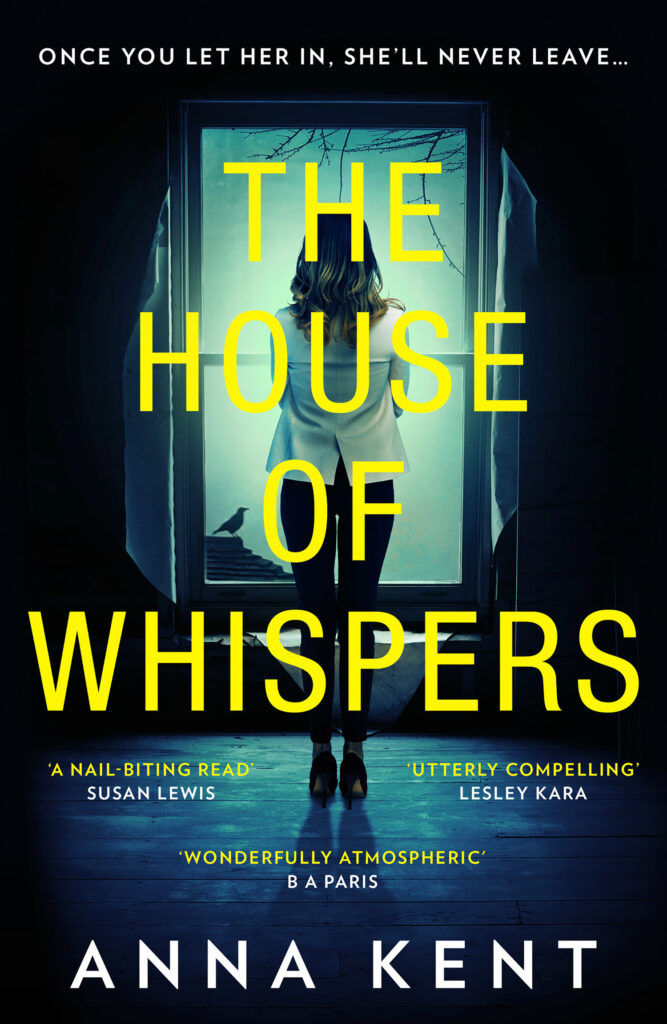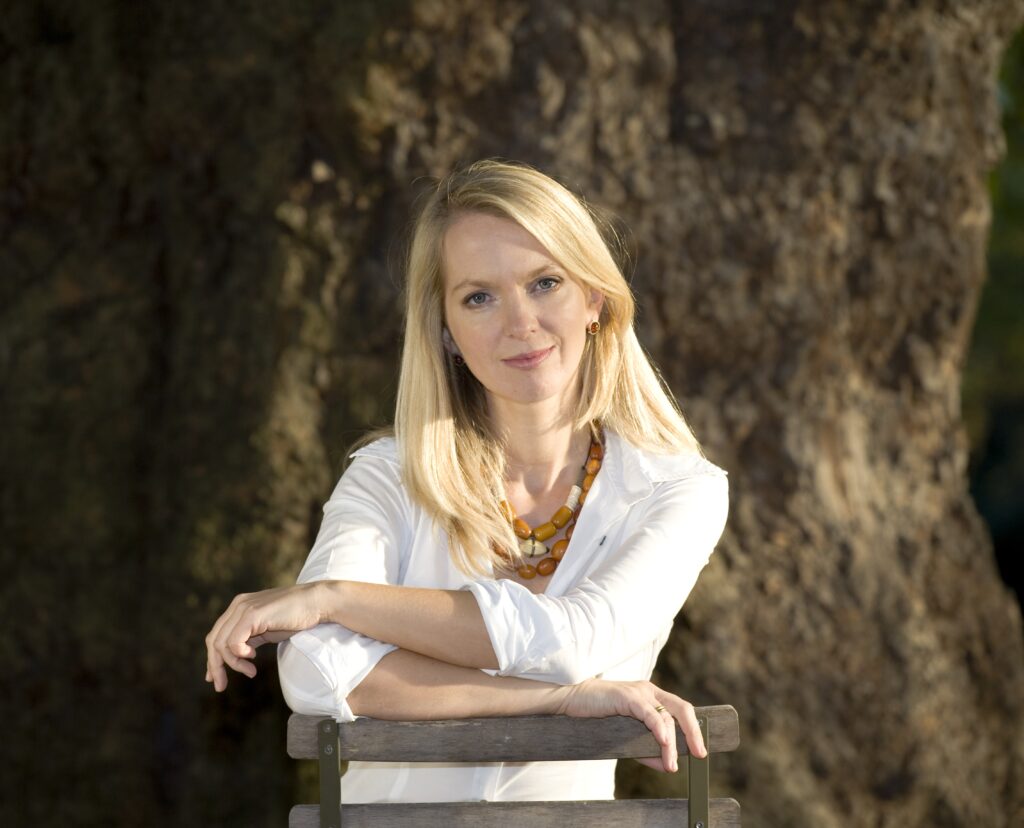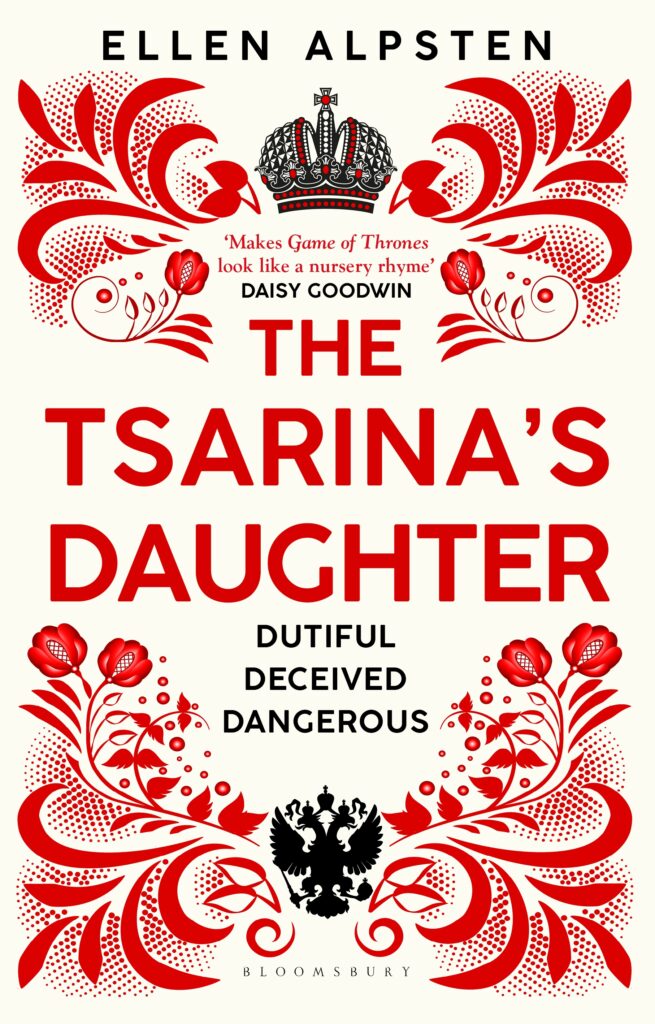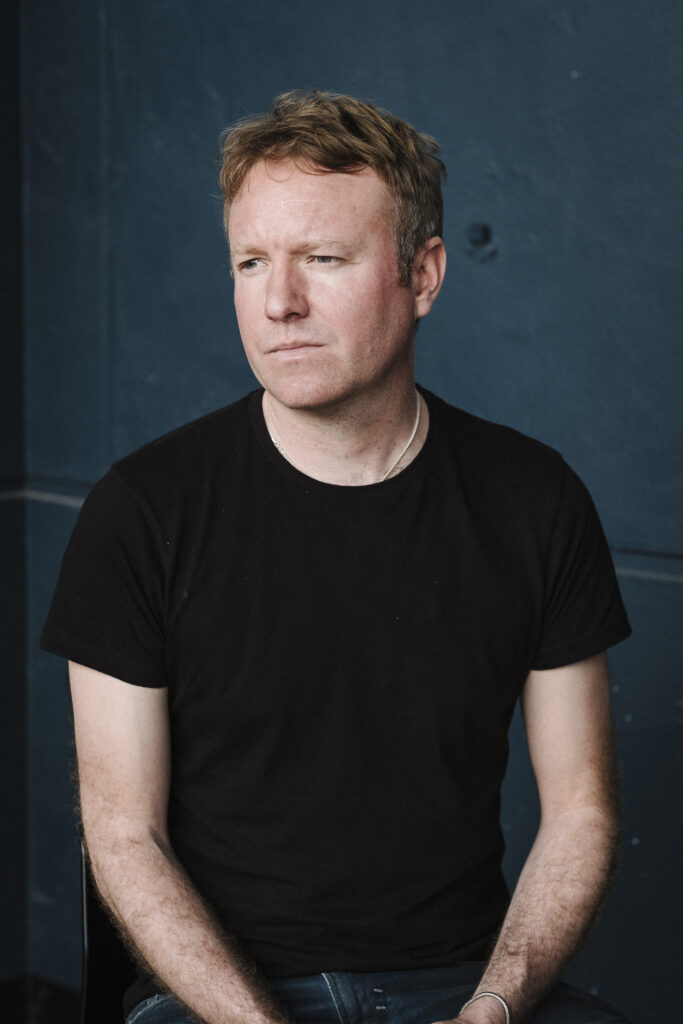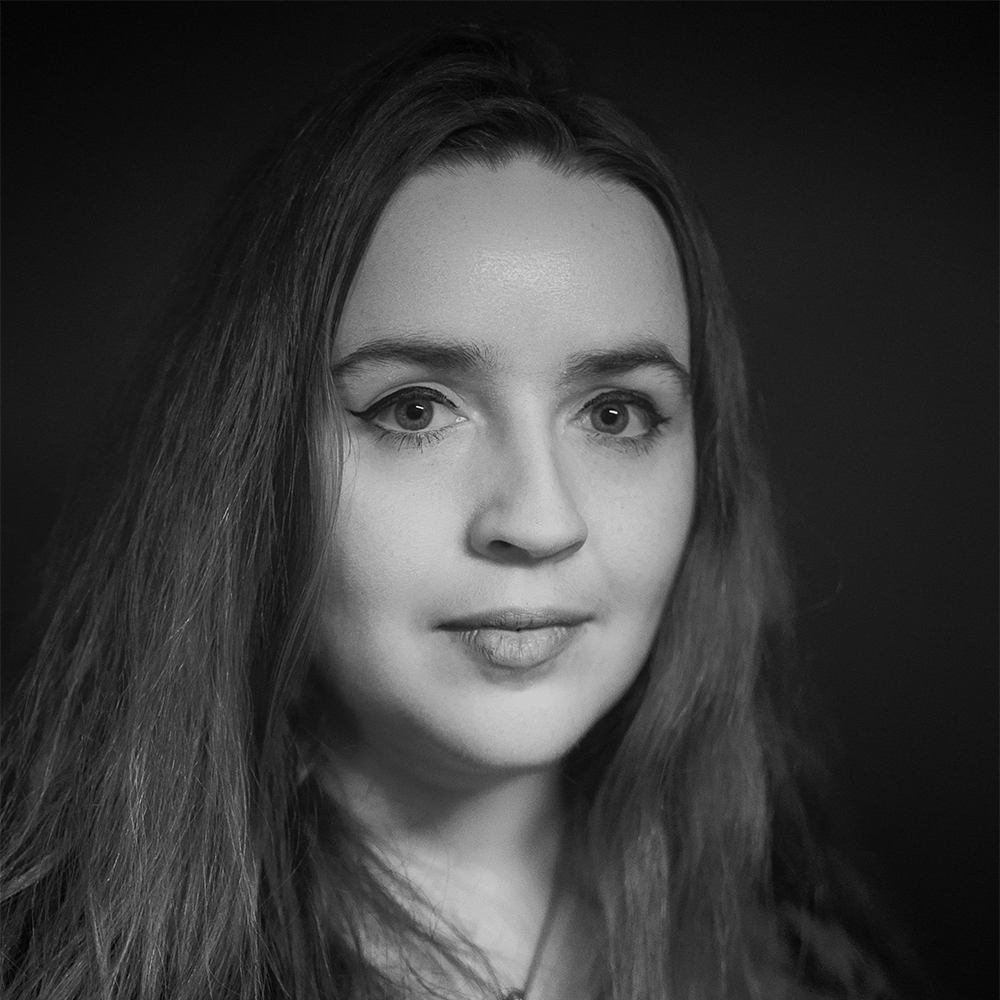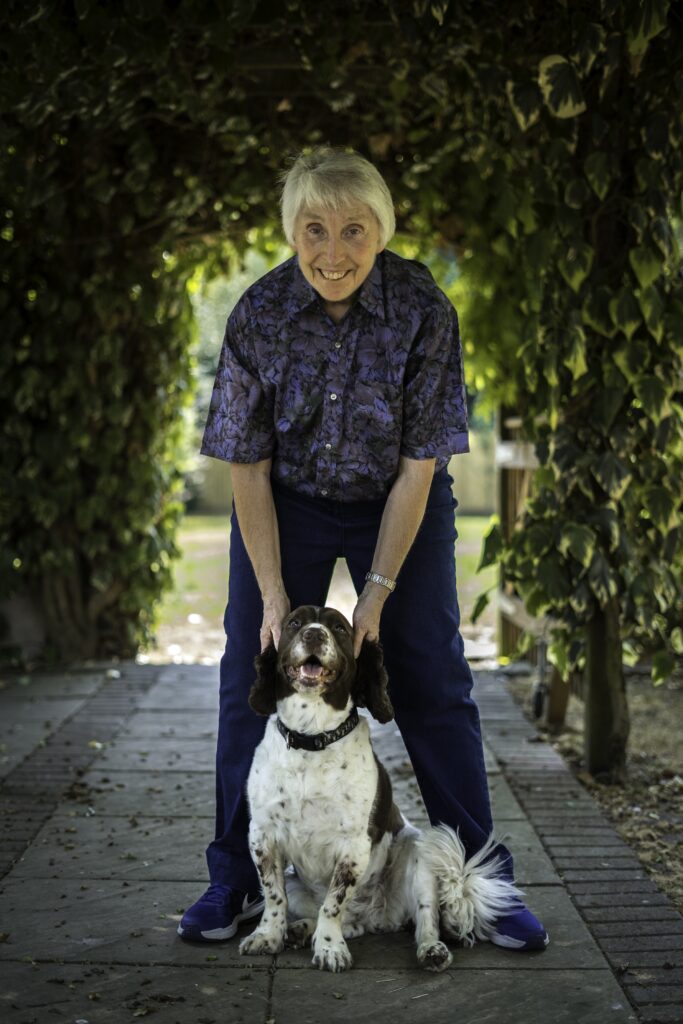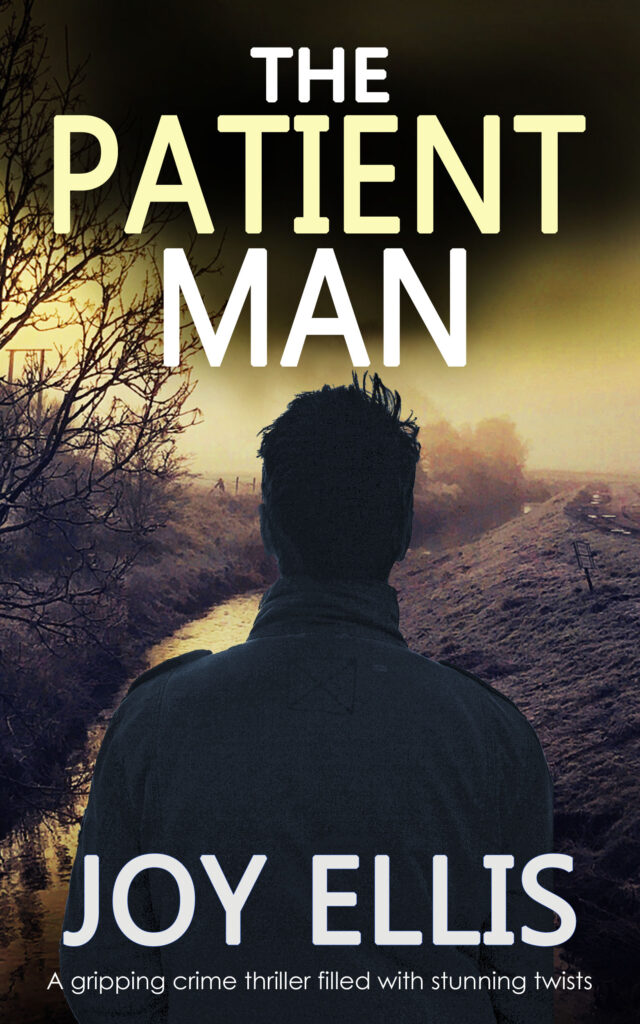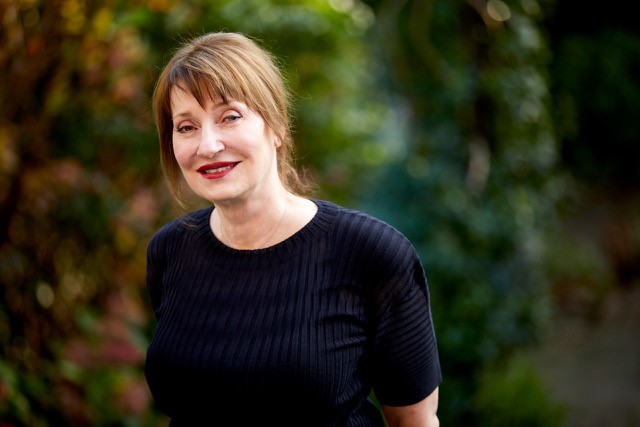 What you have written, past and present
What you have written, past and present
I wrote my first story when I was ten, scribbled untidily onto folded green paper, unevenly stapled together with crayon illustrations on every other page. My teacher had tasked our class with writing a story to include three things: a waiting room, a light switch and a wish. I opted to write a tale of a young girl who found herself in a magic waiting room that gave those worthy a wish, if fate called upon them to use the light switch. I received my first A+ and have wanted to be an author ever since.
After my school years, I dabbled in freelance journalism, covering ‘real life’ stories for tabloids and the women’s weekly’s in my twenties but found this mind numbingly painful. To the point, it put me off writing for a while. I ended up starting my own PR firm and then, life got in the way, as it so often does, and my dream of one day becoming a successful author was lost to the 9 to 5 routine and all that falls in between.
It wasn’t until quite recently in 2018 that the idea for a story found me, and it wouldn’t let me be. It would find me just before I fell asleep at night, an array of nameless faces that needed their stories to be read, heard and understood. The title came to me when I was at lunch with my mother one afternoon, and a year later, my first draft copy of Earthlings – The Beginning was ready.
- What you are promoting now
My debut novel Earthlings – The Beginning, is book one of a YA Fantasy trilogy with a message to the narrative, and launches on August 12th, this year.
Earthlings is the story of a young girl named Peridot, raised with the realities of her world hidden from her by an overbearing mother. One day, a young boy Euan unexpectedly comes into her life only for him to leave as quickly as he came, from that moment onwards, her world is never the same. Peridot leaves the clutches of her mother’s home in the hopes of finding her friend, only to discover all she believed to be true, to be something else entirely.
We follow her journey into a world filled with magick (yes magick with a ‘K’), wonders and horrors that Peridot couldn’t have fathomed in her wildest dreams – or nightmares. For every step she manages to get closer to her friend, something new and unknown gets in her way. There are many twists and turns in the Earthlings tale but ultimately Peridot’s story is one of finding friendship against all odds and trying to do the right thing – no matter the consequence.
- A bit about your process of writing
I’m going to be completely honest with you – I have no process! I wrote most of Earthlings when I was pregnant with my first born, which was utter bliss. Just me and my bump and a fresh pot of tea, writing away by an open window with the breeze fluttering past to keep us company.
The remainder of Earthlings was written with a new-born, which never in my wildest dreams could I have fathomed would be as hard as it was, but I did it, and then, just to make things that little bit harder for myself, another bump came along. Bump number one is now aged two, and his brother, is eight months.
Writing time now, is done in the rare moments of quiet, which admittedly, are far and few, but when they find me, the story flows and I find ‘the zone’ as I call it, quite easily. Writing is the one thing in this world, other than my boys and a good strong cuppa coupled with dark chocolate digestives, that brings me peace.
- Do you plan or just write?
Planning to write when you have children, is like planning to have an early night when you have children. It does not happen. It works in my favour to not make plans, and then by not making plans, enables the possibility of that plan taking place… if you follow!
- What about word count?
For a story to be the best it can be, I have to allow it to flow naturally. If I force myself to write a set number of words, they become in danger of becoming precisely that – just words. I used to set the target of writing 200 words a day but by doing that, I did the opposite. Word counts seem to be counterproductive for my style of writing and I prefer to enjoy the story as I write it, whether its 50 words or 500. The story will write itself if you give it time.
- How do you do your structure?
Alike the above, I had no set structure for Earthlings, I sat down and wrote the story as it came to me when I was in the moment. Although, Earthlings is book one of a trilogy and with book two, there are specific moments that needed to happen, so I made a point of having a list of key events that I ticked off as they were complete.
Editing wise; I tend to write a chapter or two, read through and do a light edit, then keep writing. This way, when I come to edit properly when my first draft is complete, most of the leg work is done and the editing process isn’t as daunting.
- What do you find hard about writing?
The environmental cost of books plays on my mind a lot. Whilst I’m over the moon to finally be an author, it bothers me that my work comes at the cost of trees. Beautiful beings that have lived on this planet longer than I have are sacrificed for the literature we know and love. This bothers me more than I can put into words.
My publisher, Chronos Publishing, thankfully, is very supportive of my concerns and has ensured that Earthlings, where possible, is to be printed on recycled paper. However, we were unable to get this secured with one distributor (Amazon) so I have recently launched the #ReadGreen campaign to hopefully encourage Amazon to offer sustainable printing options to the publishing industry.
You can support the Read Green campaign with a simple signature via www.change.org/read_green/
I have also pledged to plant 1 tree per book sale via Ecologi to combat any Amazon sales of my book, the Earthlings forest is available to view via my website.
- What do you love about writing?
Everything. Writing to me, is as wonderous as magick. It is the ability to make your wildest dreams a reality. The ability to breathe life into beings, places and creatures that we dismiss as unbelievable. Pure escapism. If you’re a good enough writer. Anything is believable. If it harm none, so mote it be.
Love and light
Ray Star
@RayStarBooks
Earthlings by Ray Star is out now by Chronos Publishing, £8.99



